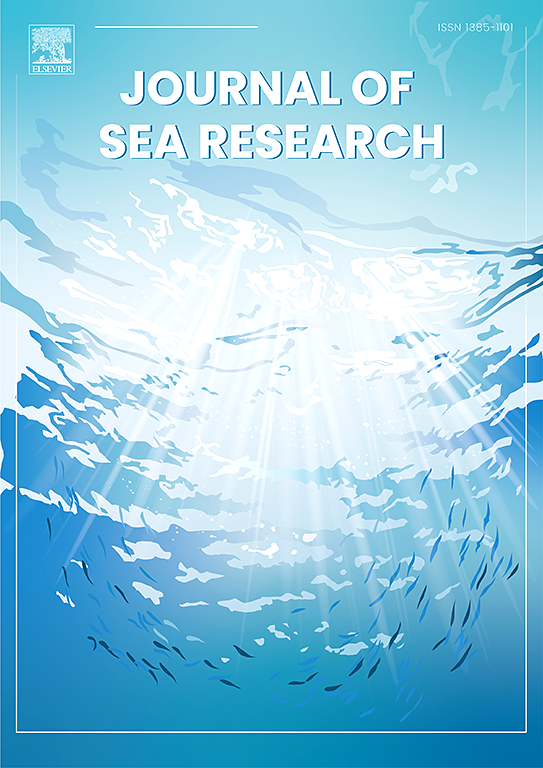pH acidification in the Red Sea: A machine learning-based validation study
IF 2.9
4区 地球科学
Q2 MARINE & FRESHWATER BIOLOGY
引用次数: 0
Abstract
This study presents application and performance comparison of various machine learning (ML) techniques to analyze pH variations in the Red Sea between the years 2021 and 2024, utilizing satellite remote sensing from the Copernicus Programme. The accuracy of the model is enhanced by employing data preprocessing. The performance of a number of machine learning models (Stepwise Linear Regression, Gaussian Process Regression, Linear Regression, Support Vector Machines and Neural Networks) are assessed. The results shown that the highest predictive accuracy is achieved by Stepwise Linear Regression and Linear Regression models. These models found to be superior in predicting pH changes due to seasonal phytoplankton blooms, vertical mixing of waters, and CO₂ infusion from the atmosphere accurately. Therefore, this research proposes a comprehensive approach for evaluating long-term changes in pH levels using robust data, improving strategic environmental governance in marine ecosystems. ML-based algorithms offer more integrated, cost-effective, and scalable solutions for monitoring ocean acidification, outperforming traditional approaches in both efficiency and adaptability.
红海pH酸化:一项基于机器学习的验证研究
本研究介绍了各种机器学习(ML)技术的应用和性能比较,利用哥白尼计划的卫星遥感分析2021年至2024年间红海的pH变化。通过对数据进行预处理,提高了模型的精度。评估了许多机器学习模型(逐步线性回归、高斯过程回归、线性回归、支持向量机和神经网络)的性能。结果表明,逐步线性回归和线性回归模型的预测精度最高。这些模型在准确预测季节性浮游植物繁殖、水体垂直混合和大气co2注入引起的pH变化方面具有优势。因此,本研究提出了一种综合方法,利用可靠的数据来评估pH水平的长期变化,从而改善海洋生态系统的战略环境治理。基于机器学习的算法为监测海洋酸化提供了更综合、更经济、更可扩展的解决方案,在效率和适应性方面都优于传统方法。
本文章由计算机程序翻译,如有差异,请以英文原文为准。
求助全文
约1分钟内获得全文
求助全文
来源期刊

Journal of Sea Research
地学-海洋学
CiteScore
3.20
自引率
5.00%
发文量
86
审稿时长
6-12 weeks
期刊介绍:
The Journal of Sea Research is an international and multidisciplinary periodical on marine research, with an emphasis on the functioning of marine ecosystems in coastal and shelf seas, including intertidal, estuarine and brackish environments. As several subdisciplines add to this aim, manuscripts are welcome from the fields of marine biology, marine chemistry, marine sedimentology and physical oceanography, provided they add to the understanding of ecosystem processes.
 求助内容:
求助内容: 应助结果提醒方式:
应助结果提醒方式:


